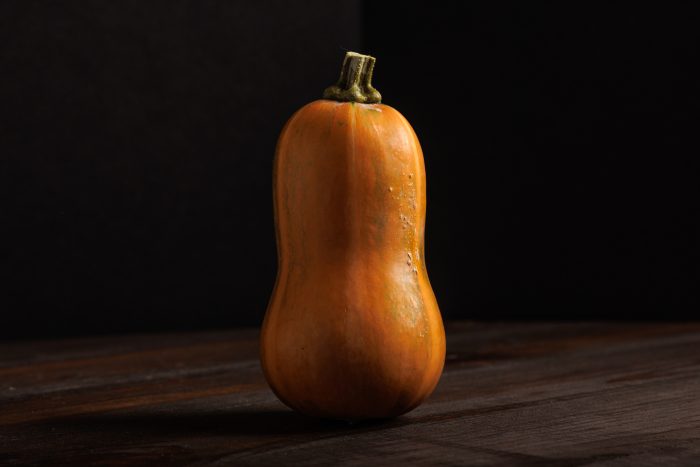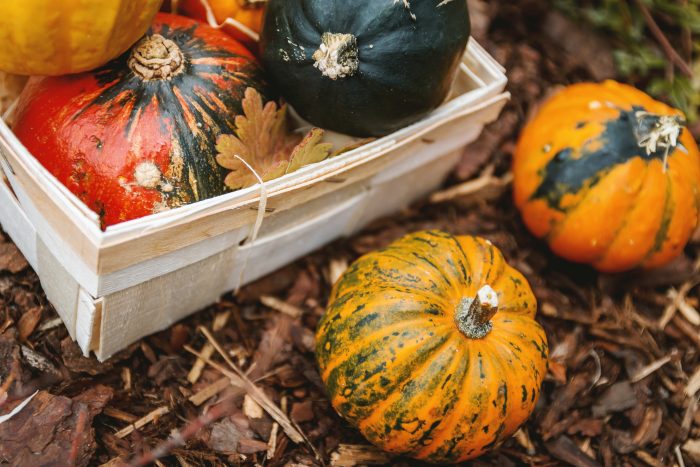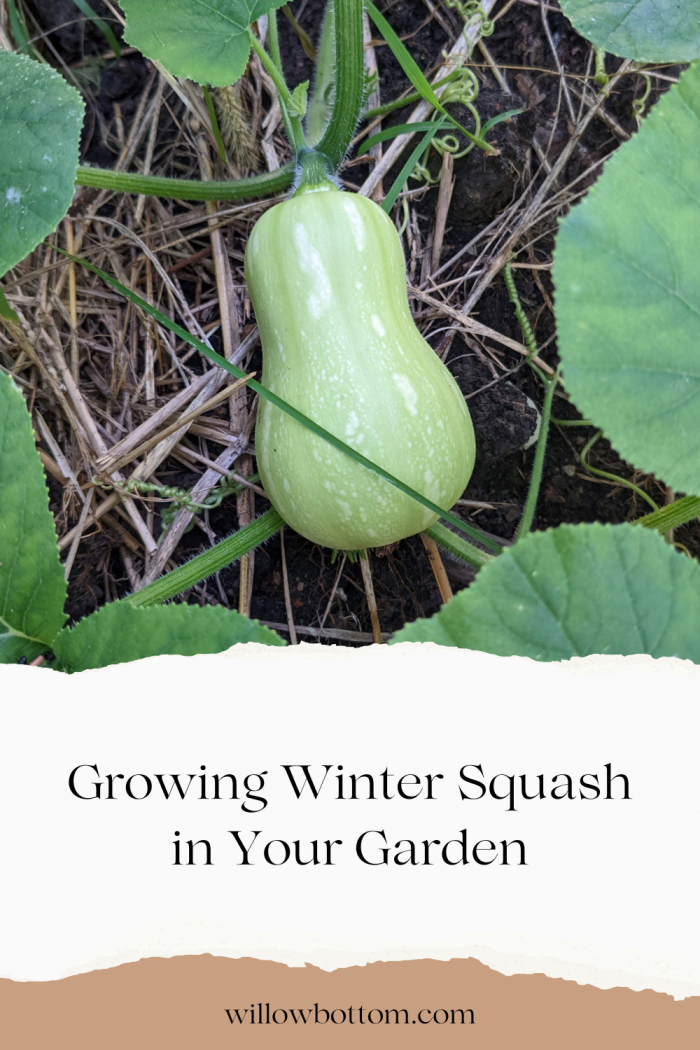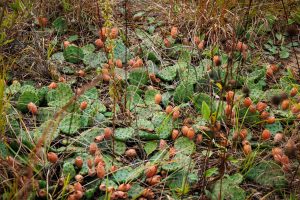Winter squash, with its vibrant colors and rich, nutty flavors, is a staple in many hearty, comforting dishes that warm our souls during the colder months. This versatile and rewarding vegetable is not only delicious but also a valuable addition to your garden.
Winter squash is a rich source of vitamins, particularly A and C, as well as dietary fiber, which supports digestion and overall health. The versatile nature of winter squash means it can be used in a wide range of dishes, from soups and stews to roasts and casseroles. It’s also an excellent choice for making homemade purees and even desserts like pies and muffins.

Winter squash, which includes varieties like butternut, acorn, and spaghetti squash, is aptly named for its ability to store well through the winter. This means you can enjoy its luscious flavors long after the growing season has ended. Incorporating winter squash into your garden ensures you have a reliable source of fresh, nutritious produce as the weather turns chilly. Our favorite winter squash is Honeynut Butternut. They are small, sweet, and delicious roasted with butter and brown sugar or used in soups or pies.
Growing Winter Squash
Growing winter squash is relatively straightforward, even for those with limited gardening experience.
These plants are typically grown as sprawling vines, so they require ample space to spread out. To accommodate their growth, create mounds or hills in your garden bed, allowing enough room for the vines to extend.
Winter squash plants thrive in full sun, so choose a sunny location with well-drained soil. Regular watering is essential, especially during dry spells, to ensure healthy fruit development. As the squash matures, provide support for the developing fruits by placing them on a piece of wood or cloth to prevent rot. Pruning the vines can help manage their growth and encourage larger fruit production.

Storing winter squash
To start, harvest the squash when their skin has hardened, and the stem is dry and firm. After picking, cure them by placing the squash in a warm, well-ventilated area for a week or two, which helps toughen their skins for storage. Once cured, choose a cool, dark, and well-ventilated location for long-term storage, ideally around 50-55°F (10-13°C).
Properly stored, winter squash can last several months, and regular checks for any signs of spoilage can help extend their shelf life. Storing them in a single layer, not touching one another, can prevent the spread of mold or rot.
If you don’t have room to store all your winter squash, you can freeze it!
Start by peeling and cubing the squash, removing the seeds and fibrous center. Then, blanch the cubes in boiling water for a few minutes, followed by a quick ice water bath to stop the cooking process. Drain them thoroughly and spread the cubes on a baking sheet to freeze individually. Once they are frozen solid, transfer them to airtight containers or freezer bags.
Properly packaged, frozen winter squash can last for up to 10-12 months. This method allows you to enjoy the taste of homegrown squash in various recipes, from soups to casseroles, even during the off-season.
Companion planting
Winter squash, with its sprawling vines and large leaves, can be strategically planted alongside other vegetables in companion planting to maximize garden health and productivity. One of the classic pairings is the “Three Sisters” garden, where winter squash is grown alongside corn and beans.
The tall corn provides support for the beans to climb, while the squash’s broad leaves act as living mulch, shading the soil and preventing weed growth. This synergistic combination not only conserves moisture but also improves soil health through nitrogen-fixing by the beans.
Additionally, winter squash can be planted near crops like radishes, nasturtiums, or marigolds to deter common pests such as aphids and squash bugs. Companion planting with winter squash not only helps protect your garden but also enhances the growth and yield of your crops.
The versatility, ease of cultivation, and long storage capabilities of winter squash make it an ideal addition to your garden. By cultivating winter squash in your garden, you embrace a tradition that nourishes both your body and your connection to the earth, ensuring that the taste of your homegrown harvest will be a cherished memory to savor year after year.




